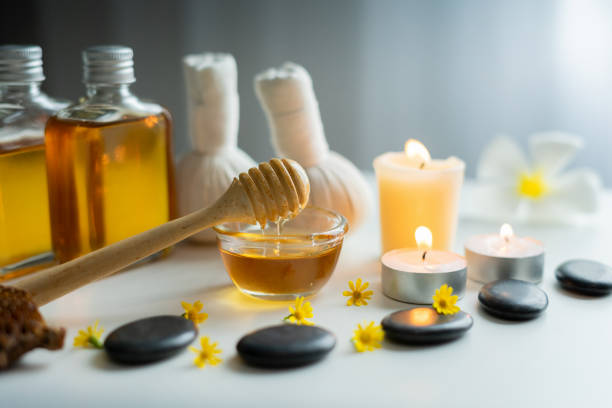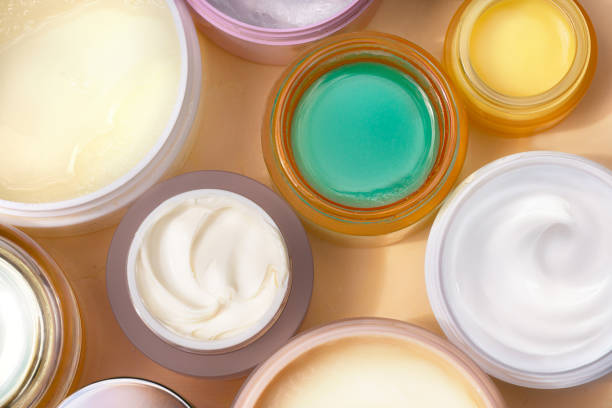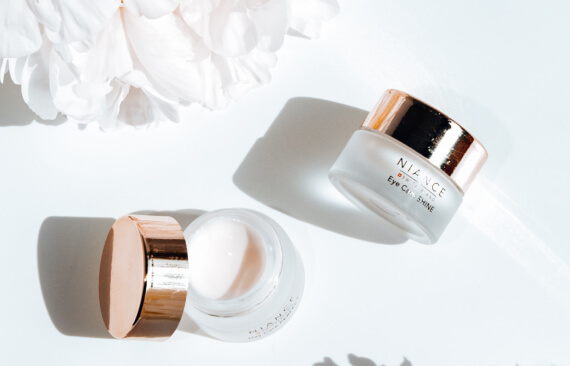Navigating the expansive world of
hyaluronic acid can be daunting, yet choosing the right form of this powerhouse ingredient is a critical step in any effective strategy to prevent wrinkles. Often misunderstood,
hyaluronic acid is not a one-size-fits-all solution; its efficacy is profoundly influenced by its molecular weight and the formulation it resides in. The primary goal of integrating this ingredient is to combat dehydration, a key culprit in the formation of fine lines, by leveraging its unparalleled capacity to bind and retain water, thereby creating a plump, hydrated complexion that visibly diminishes the appearance of early aging.The most intelligent choice is not a single product but a serum that features a multi-molecular weight complex. Hyaluronic acid molecules vary in size, and each size serves a distinct purpose. Low-molecular-weight
hyaluronic acid possesses the ability to penetrate the skin’s surface more deeply, providing hydration at a cellular level and delivering longer-lasting benefits. Conversely, high-molecular-weight
hyaluronic acid remains on the surface, forming a breathable, hydrating film that immediately smooths the skin and locks in moisture. A formula that combines these various weights ensures a comprehensive approach, hydrating from the deepest layers to the outermost surface.However, the application technique and supporting products are just as crucial as the serum itself. Hyaluronic acid is a humectant, meaning it draws moisture from its surroundings. To prevent it from pulling water from the deeper layers of the skin in
dry conditions, it must be applied to damp skin and immediately sealed in with a richer moisturizer. This combination creates a reservoir of hydration that is effectively trapped, maximizing the plumping effect and reinforcing the skin’s barrier. In this context, the right
hyaluronic acid product acts as the ultimate hydrating team player, working synergistically with other elements of your routine to maintain skin volume and resilience, making it a indispensable, proactive defense in the
prevention of wrinkles.


